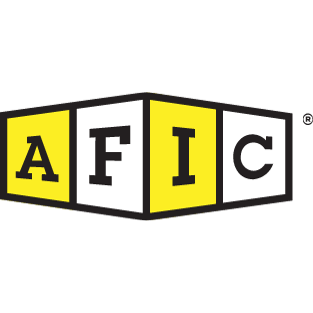
Frequently Asked Questions
-
“Hard Money” is another word for private lending or nonbank mortgage finance loans back by real estate. Terms and process are easier than a bank. Rates are typically, but not always, higher. Underwriting and underwriting standards are far easier than bank or other real estate backed financing or loans.
-
A Private Lender is the more current term for a provider of Hard Money Loans. It is a nonbank mortgage finance company or private individual engaged in making real estate backed loans.
-
Net Operating Income (NOI) is a property’s net income before paying expenses relating to property financing, leasing, or tenant improvements. It also can be referred to as a property’s EBITDA. A lender will commonly review NOI before making a real estate loan.
-
Debt Service Coverage Ratio (DSR or DSCR) is a common math formula in real estate lending where the numerator is the property NOI and the denominator is the annual property debt service. A DSCR over 1.0 means the property is cash flow positive.
-
Estoppel(s) in real estate mortgage finance refers to documents executed by tenants where they represent certain facts and circumstances surrounding their property lease. They are typical to many real estate loans.
-
Subordination Non-Disturbance and Attornment (SNDA) agreements are agreements for your tenant(s) where your lender and tenants agree that any tenant lease is subordinate to the lender’s security interest in the property, the lender won’t bother your tenant if they take over the property, and that the tenant will look to your lender as if it were the landlord, should the lender end up with the property. They are not common in hard money or private lender loans.
Property Types used to Secure a Line of Credit
Loan Products
“AFIC eliminates the hassle and red tape of dealing with a bank. They have the flexibility to tailor a solution to fit your business.”
—Prominent Real Estate Broker
Why Choose Us?

























